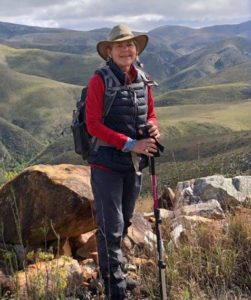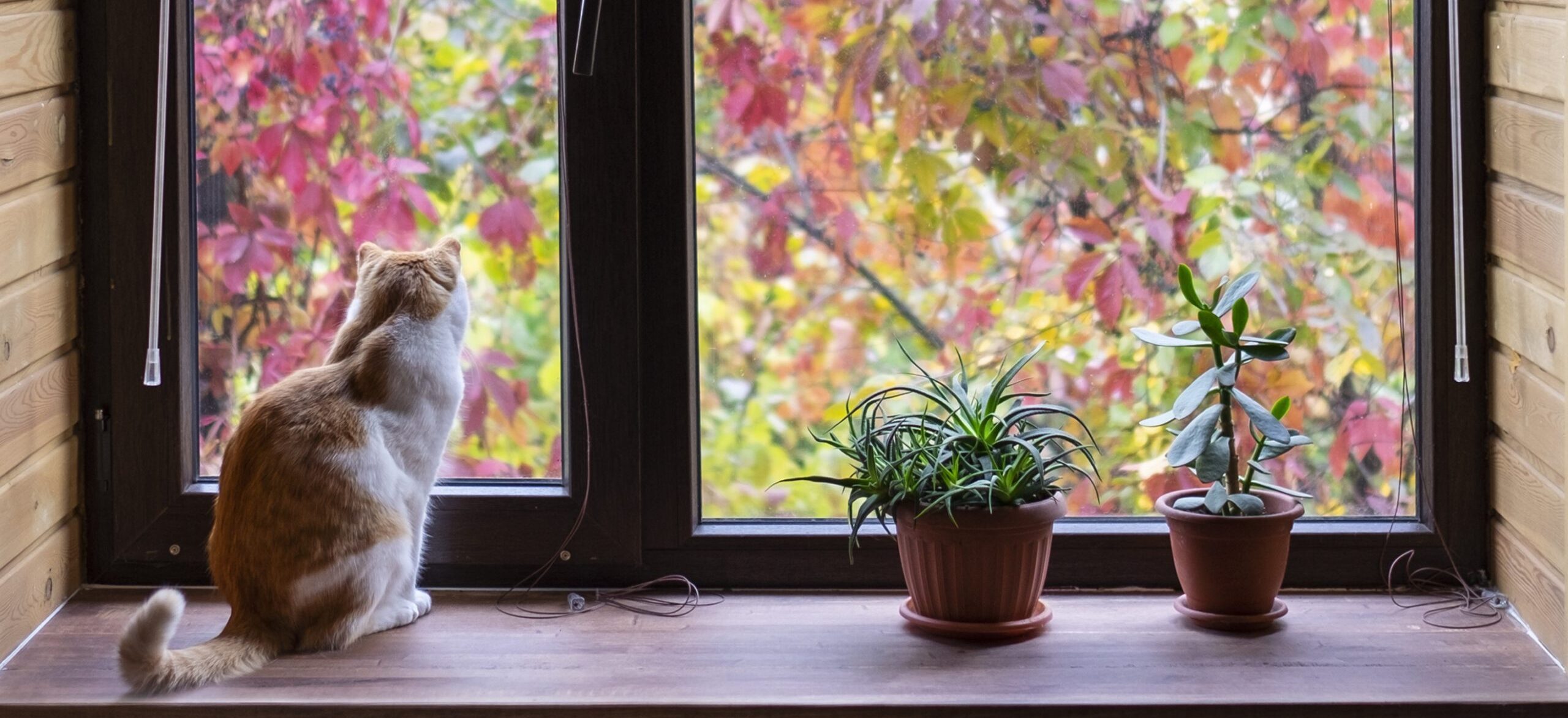When I started this journey – on the day my life simultaneously exploded and imploded – I received kindness, support, questions, and a few judgmental comments about the selfishness of my partner. I was also asked why he had done it and how I had not seen it coming. I heard that it was silly of me to think it was my fault and was told that I should try to think about something else.
Two days in, and everyone was an expert.
And there’s the rub: there are often too many opinions, too few facts, and low levels of real understanding for those in the throes, from those on the outside of the situation. Ten years in, I say to anyone who cares to listen that I believe suicide – the act itself as well as its impact on others – is one of the most complex experiences that anyone can or ever will go through.
There really are no hard and fast rules to make sense of it. There is no handbook for those who complete the act or for those who reel from the loss, shock, and horror of it all. The reasons our loved ones ended their lives are complex. There is no one reason or situation. Instead, there are nuances and constantly reframed realities. It’s a melting pot of emotion and moment-to-moment experience.
The way we feel and grieve is equally complex. We are left with assumptions and it’s messy. We have low levels of real knowledge or verifiable fact because the only one who knows why is no longer here to explain it for themselves.
I am a veteran survivor of the consequence of Suicide.

I am no longer defined or managed by my experience, yet losing my spouse to suicide has significantly contributed to who I am today and who I will become tomorrow. It has been nearly a decade since his death. During many of those years, I was controlled, managed, and overwrought by guilt about what I did do, what I might have done, or what I should have done.
Now, with time under my belt, I can honestly say it just isn’t that simple. As survivors, we want to simplify the tragedy into a tidy narrative, but none of what our loved ones experienced is easily understood. We must learn to live with unanswered questions.
Our journey as survivors calls for endurance, self-empowerment, and self-care.
It also takes nonjudgmental support from those who can understand what we are going through.
Perhaps as we heal and benefit from nonjudgmental support, we also can begin to extend that same kind of support and understanding to those for whom we grieve. Perhaps in time we can learn to trust, honor, and accept the choice they made, even though we do not understand or agree with it.
Our loved ones remain within us. They have shaped us.
It is my honor to be a moderator and contributor to the Alliance of Hope, and it is my privilege to hold the space for others who are traversing a complexity we were never trained for and I doubt will ever fully understand.
Heidi




